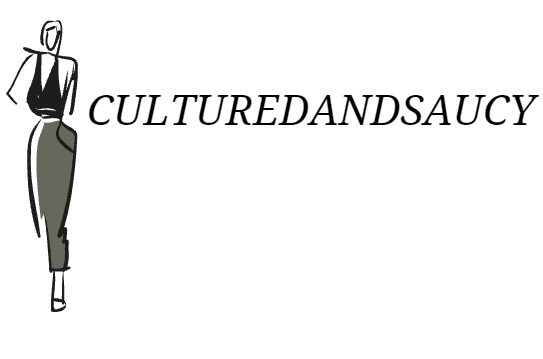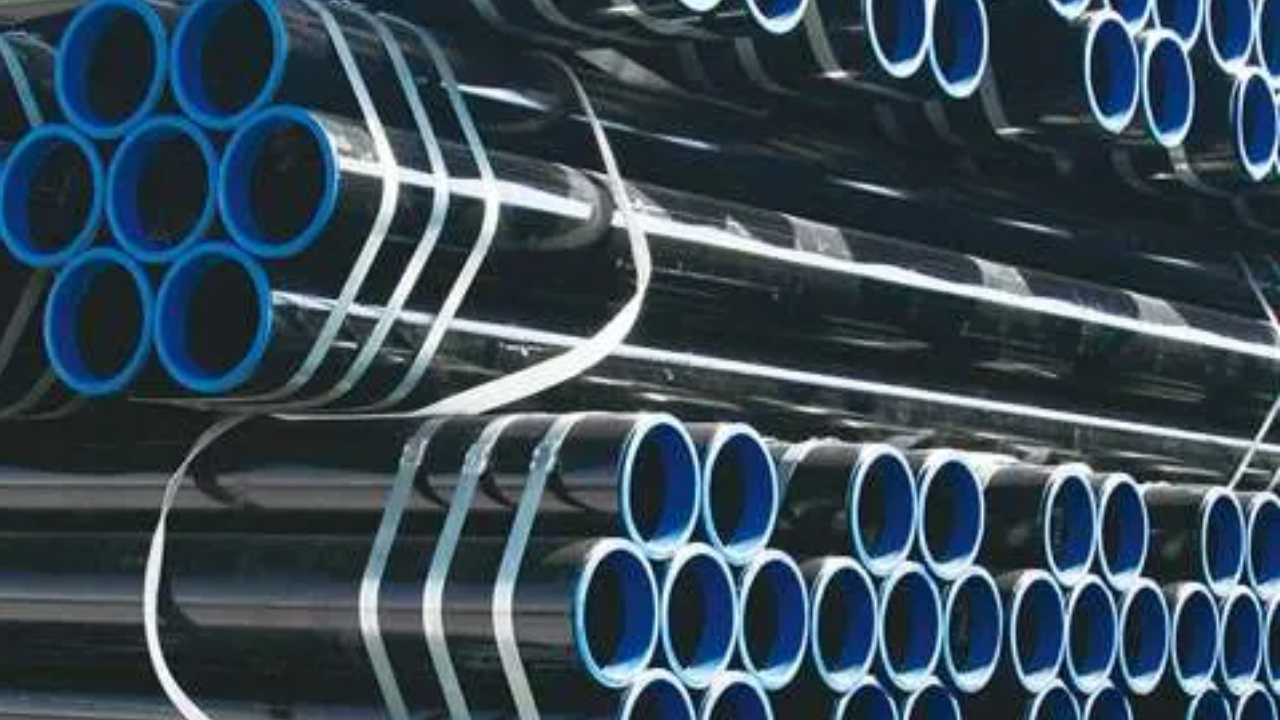Schedule 80 channels are known for their thick walls and strong development, making them perfect for a wide range of requesting applications. These pipes are ordinarily utilized in businesses where high weight, chemical resistance, solidness, and reliability are foremost.
Whereas lighter choices like Schedule 40 pipes may be adequate for less requesting scenarios, Schedule 80 Dimensions Wall Thickness offers superior quality and toughness, making them the favored choice in more challenging situations. Below are a few of the foremost common applications that require Schedule 80 wall thickness.
Key Applications Requiring Schedule 80 Pipes for Improved Strength and Quality
Schedule 80 pipes are essential in high-pressure water systems, chemical handling, oil and gas businesses, and fire suppression frameworks. Their thicker walls give improved solidness, erosion resistance, and quality, making them perfect for requesting applications like marine situations, HVAC systems, and wastewater treatment plants where security and reliability are significant.
High-Pressure Water Systems
One of the most prevalent uses of Schedule 80 pipes is in high-pressure water frameworks. These systems are common in businesses such as manufacturing, farming, and civil water supply. The thick walls of Schedule 80 pipes empower them to handle the increased inner pressure without the hazard of bursting or failure. In expansion to their quality, the thicker dividers moreover give superior resistance to water hammer wonder where weight surges suddenly due to changes in stream rate, causing pipes to vibrate or indeed crack. The additional strength of Schedule 80 pipes makes them a more secure and more solid choice for these high-pressure water frameworks.
Oil and Fuel Enterprise
The oil and gas enterprise is one of the biggest consumers of Schedule 80 channels. The oil and gas industry is one of the biggest buyers of Schedule 80 channels. These pipes are utilized broadly in upstream, midstream, and downstream operations due to their capacity to handle the extraordinary conditions frequently found in this division. In drilling operations, Schedule 80 pipes are utilized in both surface and subsurface applications, where they need high weights and corrosive penetrating fluids. In pipeline applications, the thicker dividers of Schedule 80 pipes provide enhanced assurance against external strengths such as ground movement, abrasion, and the corrosive impacts of transported hydrocarbons.
Fire Suppression Systems
Fire suppression systems, particularly in commercial and mechanical buildings, require solid channeling that can handle high-pressure water or fire-suppressing chemicals. Schedule 80 pipes are regularly utilized in these frameworks due to their capacity to resist the pressures related to fire suppression, as well as their durability in cruel situations. These systems are significant for maintaining security in offices where fire dangers are present, such as fabricating plants, information centers, and stockrooms.
Marine and Offshore Applications
Marine situations are famously cruel due to the consistent introduction to saltwater, which quickens erosion. Offshore oil rigs, shipbuilding, and other marine applications require channeling that can stand up to both the destructive impacts of seawater and the tall weights related to liquid transport. In addition to erosion resistance, the thicker dividers of Schedule 80 pipes give greater basic integrity, which is vital for withstanding the physical stresses encountered in marine situations. Whether utilized for ballast systems, cooling water lines, or oil transport, Schedule 80 pipes are a solid choice for guaranteeing the longevity and security of marine foundations.
HVAC Systems
Heating, ventilation, and discuss conditioning (HVAC) systems, especially in commercial and mechanical buildings, regularly utilize Schedule 80 pipes for the transport of refrigerants, steam, and water under weight. These pipes are essential in maintaining the auxiliary integrity of HVAC frameworks, which must work under changing temperature and weight conditions. The durability and quality of Schedule 80 pipes offer assistance to prevent spills and breaks, which seem to lead to system failures or costly repairs. Moreover, in systems in which pressurized steam is utilized for warming or cooling, the thicker dividers of schedule 80 pipes are essential to deal with the high weights securely.
Wastewater treatment plants
Wastewater treatment plants frequently bargain with forceful chemicals and high-pressure conditions as part of their daily operations. Schedule 80 pipes are a common choice in these offices due to their capacity to resist the destructive nature of the liquids being transported, which can incorporate sewage, slime, and various treatment chemicals. The thicker walls of Schedule 80 pipes give an added layer of security against erosion and mechanical harm, guaranteeing that the channels can proceed to function proficiently over the long term. This toughness is especially vital in wastewater treatment, where pipe failures can result in critical natural and well-being dangers.
Conclusion
Schedule 80 pipes are vital in applications that require high-pressure handling, chemical resistance, and toughness. Their thicker dividers give the quality required to resist challenging situations, making them the favored choice in businesses such as oil and gas, chemical processing, marine operations, and more.


